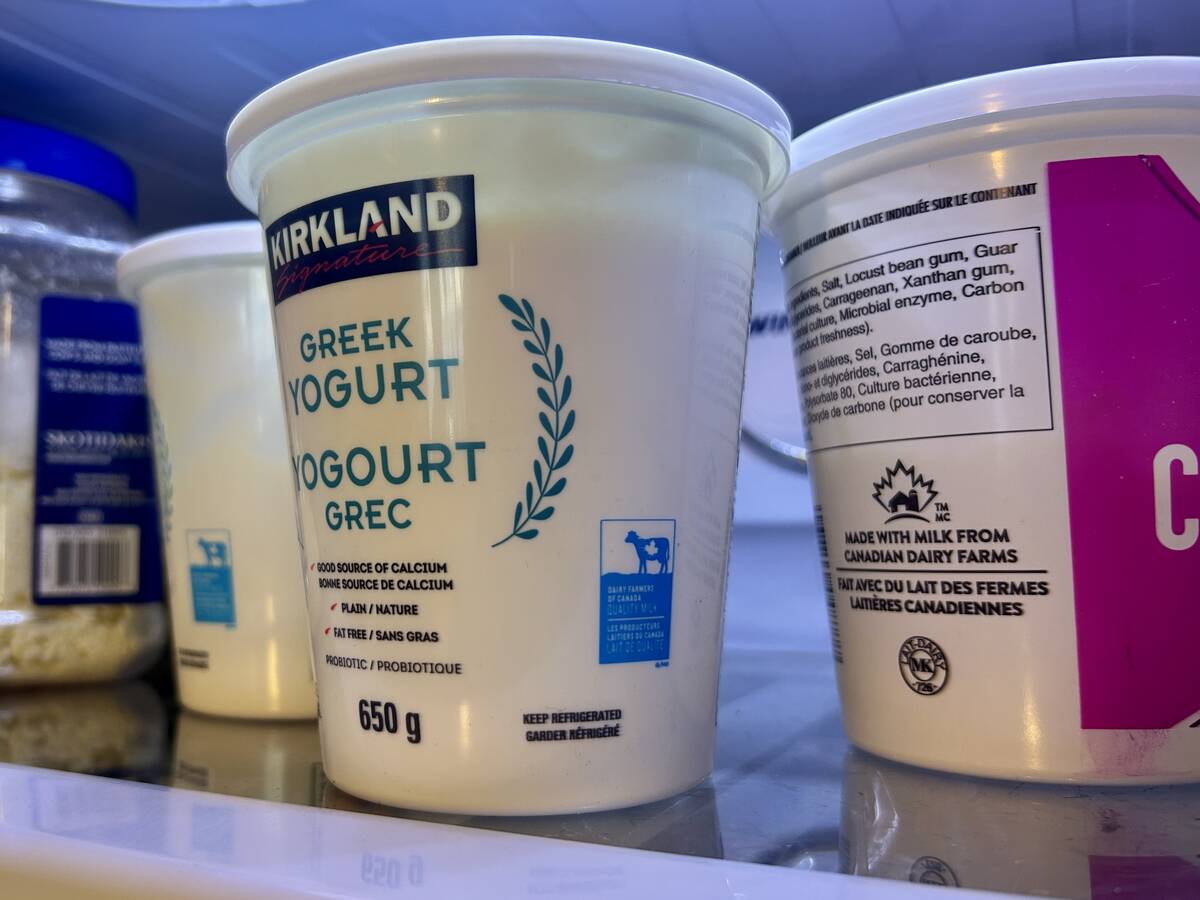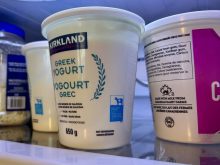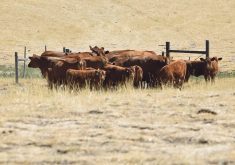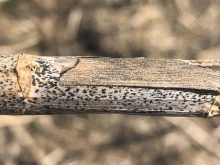Reuters — Meat imports to Russia from producers using ractopamine must be tested and certified free of the feed additive, the country’s veterinary regulator said, denying Saturday that the requirement is a political retaliation.
The move, imposed a day after the U.S. Senate approved a bill to expand trade between Washington and Moscow that also sought to punish Russian human rights violators, could jeopardize North American meat beef and pork suppliers.
It would potentially make the United States, which exports more than $500 million a year worth of beef and pork to Russia, significantly less competitive, giving advantage to Chinese and European Union meat producers, where ractopamine is banned.
Read Also

Dairy marketplace faces big changes
Beginning in April, dairy producers will be facing payment changes as processors and industry move to meet consumer demands and trends.
The U.S. Meat Export Federation said the U.S. Department of Agriculture had no testing and certification program in place for ractopamine.
Canada started testing on Dec. 7 for the feed additive ractopamine in pork and beef to be shipped to Russia, in order to comply with a new Russian requirement, a top Canadian pork industry official told Reuters.
The Canadian Food Inspection Agency has provided meat processors with testing guidelines and is responsible for signing certificates to make sure the products meet Russian standards, according to Jacques Pomerleau, executive director of Canada Pork International.
However, Canada’s federal Agriculture Minister Gerry Ritz said in an email to Reuters that Ottawa has asked Russia to delay implementation of the new requirement “to allow for a thorough and science-based discussion between Canadian and Russian officials.”
Russia’s plant and health regulator, Rosselkhoznadzor, said that as of Dec. 7 it would allow for an unidentified transition period, during which in the absence of a needed certification, Russia will test each shipment itself.
“During this period the veterinary service of the suppliers have to create a system of laboratory testing of products certifying the absence of ractopamine,” the regulator said in a statement posted on its website.
Rosselkhoznadzor did not specify what would happen to meat shipments already on their way, but the statement suggests the meat will be tested once it arrives in Russia.
Denial of retaliation
Analysts said the Russian move was linked to the U.S. Senate’s passage of the “Magnitsky Act” as part of a broad trade bill, which drew an angry response from Russia where officials called it “absurd.”
Gennady Onishchenko, Russia’s chief health inspector and head of the state consumer protection agency Rospotrebnadzor, denied the requirement of testing and certifying meat imports was retaliatory.
Ractopamine is used as a feed additive to make meat leaner, but countries such as China have banned its use despite scientific evidence that it is safe. The United Nations has agreed on acceptable levels of the drug.
The drug, approved for use in Canada since 2006, is sold to Canadian users by U.S. animal health giant Elanco, under the name Paylean 20 premix for hogs and heavy tom turkeys, and as Optaflexx 100 premix for finishing beef cattle.














